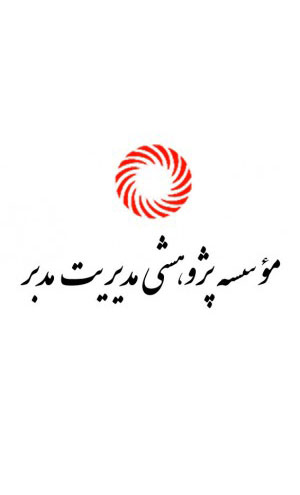چکیده:
Mastering vocabulary knowledge has always been a major concern for language learners (Nation, 2002), and it is considered by many instructors to be one of the two main components of language teaching, the other one being grammar instruction. The present thesis research mainly concerns with the impression of etymology instruction on vocabulary learning of Iranian EFL learners in Ilam city, Iran. Etymology is the history of a linguistic form (as a word) shown by tracing its development since its earliest recorded occurrence in the language where it is found, by tracing its transmission from one language to another, by analyzing it into its component parts, by identifying its cognates in other languages, or by tracing it and its cognates to a common ancestral form in an ancestral language. The ongoing research will aim at exploring whether there is any significant difference between the performance of learners in learning vocabulary through etymology strategy or not. To do this, 60 males and females EFL learners studying English in Taranom English language institution within the age range of 18 to 21 in a language institution took part in this experiment. They were selected from among 90 EFL learners. Their language proficiency was determined by a proficiency vocabulary based pretest. Simply put, in order to appoint their homogeneity in vocabulary knowledge, a vocabulary based test was given to them. Then they were randomly divided into one control group and one experimental group, each including 30 subjects. Just the experimental group received the treatment. The control group followed its normal educational carrier. After experiencing the treatment sessions, a posttest as the achievement test was administered to determine the impact of etymology instruction approach. To determine the statistical significance of the difference between the means of the two sets of scores, a t-test was employed. The results of the study manifested that those receiving treatment in the experimental group outshone those in the control group. To test the second hypothesis another t-test used to analyze the data.

(پژوهیار,
,
,
)

